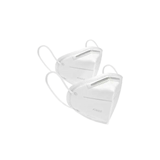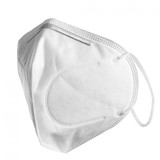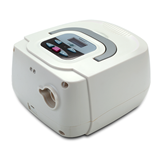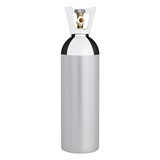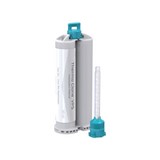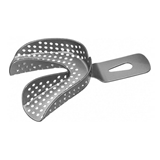Reports of record high bulk-billing rates are misleading because they don't reflect the full picture of the expanded scope of bulk-billing which shows that people with chronic conditions consume 41 per cent of services, and that there has been a more than doubling of patient out-of-pocket expenses over the last decade.
"The extended freeze on Medicare is being justified in part by a 'record-high' bulk-billing rate of 83 per cent but a closer examination reveals the assertion to be fundamentally flawed," Dr Jones said.
The oft-quoted 83 per cent figure for bulk-billing refers to services - not patients. Secondly, the figure includes items within the broadened scope of primary healthcare – not just GP services.
"The statistic also gives the impression that most Australians are getting bulk-billed. As outlined above, not all patients access Medicare equally.
"Realistic data from the National Health Performance Authority shows that 12.5 per cent of patients, many with chronic conditions, use 41 per cent of Medicare out of hospital services," Dr Jones said.
The bulk-billing rate was once a sign of affordable access to primary health care. However, in today's highly politicised environment, it has become a banner for the moral hazard when too much of a free thing leads to greater demand and overuse of GP health care and high health costs, according to the Chair of the RACGP's Expert Committee on Quality Care, Dr Evan Ackermann.
"GPs point to the changing landscape of the Medicare Benefits Schedule (MBS) based primary care and the associated indicator the 'average out-of-pocket' expenses to argue that the bulk-billing indicator is being misinterpreted and inappropriately used," Dr Ackermann said.
"In the last decade Medicare has allowed and broadened MBS access to several non-government and state government organisations including programs such as the Royal Flying Doctor Service, not-for-profit rehabilitation centres, medical services for the homeless and others.
"The out-of-pocket expense indicator is rarely raised or discussed at a political or community level, but has more than doubled in the last decade and now stands at approximately $32 per consultation.
"The impact of this cost is reflected by the Australian Bureau of Statistics patient experience indicators for the lack of affordability for GP services and the increasing use of hospital accident and emergency services," Dr Ackermann said.
"The bulk-billing indicator is misleading and a 'dirty' statistic, and quoting the raw bulk-billing rate in isolation as an indicator of affordability of general practice care misrepresents the true costs of seeing a private GP.
"As an indicator it is beyond its used-by date and should be rejected".


